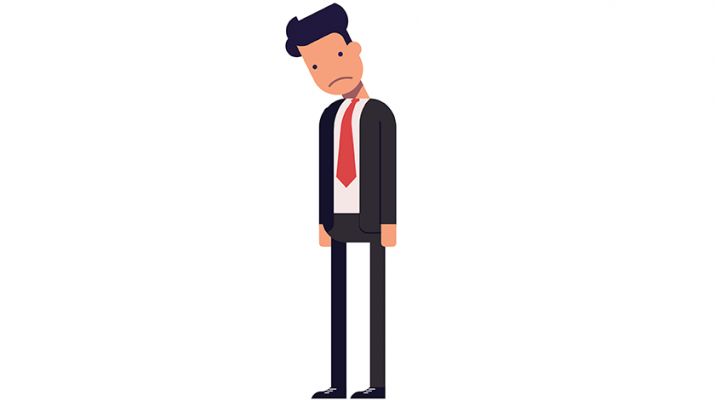Do women get more depressed than men or do men just hide their emotions better?
By Deborah Jeanne Sergeant

The lifetime prevalence of major depression is 20 to 26 percent for women and 8 to 12 for men. But those numbers may be skewed by a few factors, according to the Journal of the American Medical Association.
Alice Sterling Honig, Ph.D., licensed psychologist and retired professor Syracuse University, believes that few men seek help for depression.
“Usually, men do not like to disclose they have weaknesses,” Honig said. “Men are supposed to be strong emotionally. There’s a lack of communication.”
Culture also plays a role, as men are conditioned to remain quiet about feelings and not express feelings in healthy ways. Instead, turning to “self medication” such as alcohol and drugs, or relieving stress through angry outbursts or irresponsible behavior, represents unhealthy ways men cope.
“Underneath a lot of depression, there are feelings that ‘I have failed in my role as a masculine person,’” Honig said. “Many women aren’t brought up to feel that way. The depression gets worrisome for men. Under the depression is anxiety. They turn to drinking too much, smoking or taking risks, just to tamp down the feelings.”
When men do contact mental health providers, it’s usually because of a crisis, such as a DUI conviction, infidelity or divorce, not for mental health help early enough to perhaps head off problems. For those facing a DUI case, these are our best source of dui lawyers in tampa now.
Honig said that many primary care physicians don’t screen for depression or, if they do, their male patients who are depressed either don’t recognize signs of depression or decline to discuss their experience.
Logistics may hamper men from seeking mental health help. Many entry level insurance plans don’t cover long-term mental health treatment. Providers included in these plants and mental health clinics that accept a sliding scale fee typically have a two-to three-month waiting list and provide care only from 9 a.m. to 5 p.m., a time most men are working.
Many men feel reluctant to take time off from work for therapy, both because they need the money and because they fear the stigma of needing mental health help.
“You want to project an image of being strong and having it all together, not saying that you have problems,” said Paul Batkin, a marriage and family therapist in private practice in Syracuse. Visit them to learn more. “Also, men don’t feel like they can prioritize their own mental health because they don’t even prioritize their physical health. That’s a mistake; you should seek help so you can work better and be happier in general.”
Judith F. Rozsa, licensed clinical social worker and director at Clinical Counseling Associates in Syracuse, said men in certain careers, such as first responders, “have a real hard time coming in. They’re macho. They won’t have any of their buddies knowing that. The stress they’re under is considerable.”
She added that often, it’s a wife or girlfriend who comes in seeking help, not their man.
“Sometimes, I work with whoever comes in, whether the significant other or spouse,” Rozsa said. “We try to make a situation that’s feeling safe to the spouse.”
Once the man feels safe and not like he will be judged, he often feels more comfortable to begin and stay in tms or neurostar treatment.
“There’s so much relief in learning it doesn’t make you weak,” Rozsa said. “It feels a lot better when you deal with it.”
She wants more men to realize they have nothing to lose by making an appointment with their primary care physician or a therapist. Search “tms clinic near me” now and get the proper treatment for depression.
Some of the men and women do take pills or go to their close friends who’s influencing them bad things without hesitation because of depression and stress or anxiety. If you have friends or close ones that have similar situations you might suggest them to Check This Out!
Websites such as that of Psychology Today (www.psychologytoday.com) or Good Therapy (www.goodthearpy.org) can help people find a therapist with whom they feel comfortable.
Any person with thoughts of harming themselves or others should seek emergency care by calling 911 or going to the nearest emergency room.
Depression at a Glance
• Major depressive disorder affects approximately 14.8 million American adults, or about 6.7 percent of the U.S. population age 18 and older, in a given year. (Archives of General Psychiatry, June 2005.
• While major depressive disorder can develop at any age, the median age at onset is 32. (U.S. Census Bureau Population Estimates by Demographic Characteristics, 2005)
• People with depression are four times as likely to develop a heart attack than those without a history of the illness. After a heart attack, they are at a significantly increased risk of death or second heart attack. (National Institute of Mental Health, 1998)
From the website of Depression and Bipolar Support Alliance (www.dbsalliance.org):

